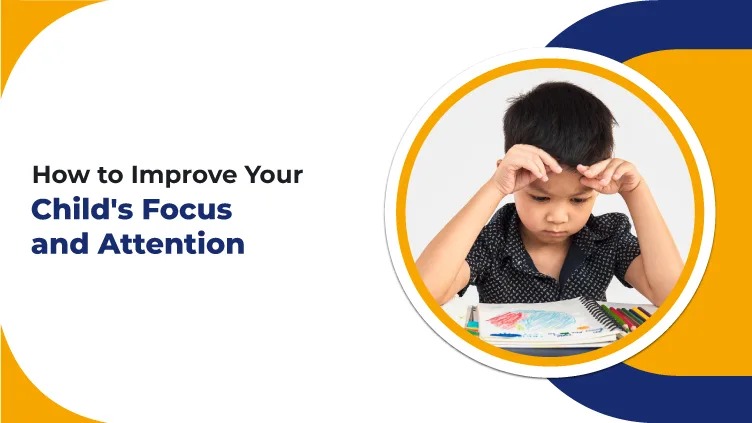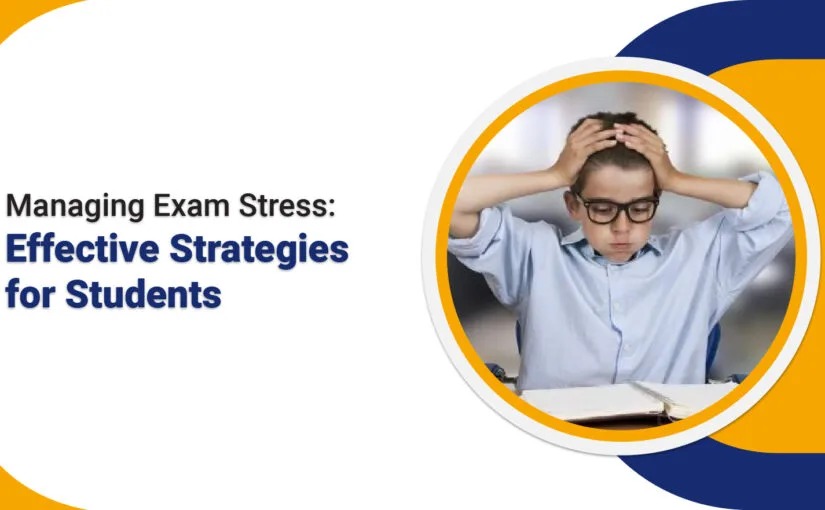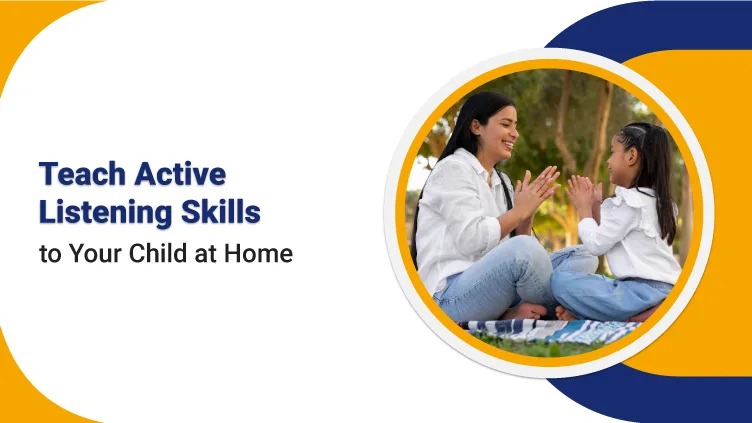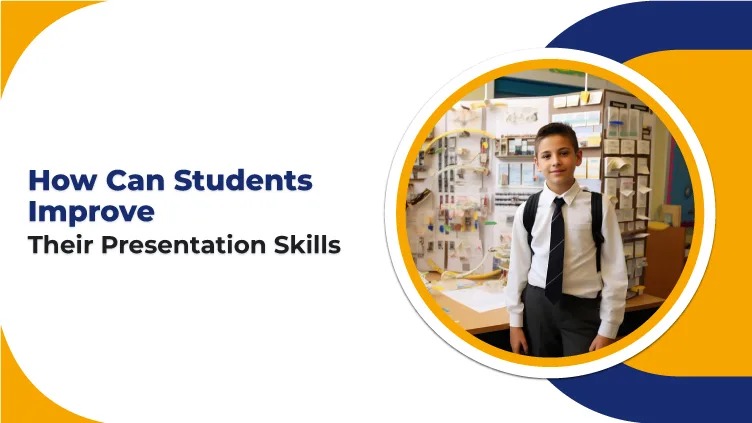How to Improve Your Child’s...

As a parent, you may often worry about your child’s ability to focus and pay attention. Focus refers to a childs ability to concentrate on a particular task for an extended period, while attention involves shifting between different tasks and stimuli effectively.
For example, attention is when a child listens to a teacher in class, whereas focus is when they actively take notes, ask questions, and analyze the information.
With so many distractions in today’s world, children may struggle to stay focused in classrooms, at home, or during social activities. In this blog, we explore what focus and attention mean for children, common distractions they face, and practical ways parents and teachers can help improve their concentration.
What Are Focus & Attention?
Focus is a child’s ability to maintain concentration on a single task, while attention is the mental process that keeps them engaged. Both are crucial for learning, completing tasks, and overall cognitive development.
Common Distractions That Affect Children
Children encounter several distractions that impact their ability to focus on essential tasks like studying, reading, and playing. These distractions can be categorized as follows:
1. Environmental Distractions
-
Noise: Background conversations, TV, traffic, and household appliances can break concentration.
-
Cluttered Spaces: A messy and unorganized environment can lead to poor focus.
-
Busy Home Environment: Frequent interruptions or excessive noise at home can make it difficult for children to concentrate.
2. Natural Distractions
-
Hunger: A hungry child cannot concentrate effectively.
-
Lack of Sleep: Insufficient rest negatively impacts attention and cognitive function.
-
Emotional State: Anxiety, stress, or sadness can reduce focus.
-
Physical Discomfort: Illness, headaches, or physical pain can be internal distractions that affect concentration.
3. Screen Distractions
-
Overstimulation from Screens: Excessive screen time can make it harder for children to focus on offline tasks like studying.
-
Social Media & Gaming: The addictive nature of online games and social media can reduce a child’s attention span.
-
Multitasking with Devices: Watching TV while doing homework reduces efficiency and memory retention.
4. Social Distractions
-
Peer Influence: Talking and laughing with friends can divert attention from studies.
-
Family Interruptions: Calls from relatives, conversations with parents, or siblings seeking attention can be disruptive.
-
Fear of Missing Out (FOMO): Constant checking of phones and social activities can shift focus away from academic tasks.
Signs Your Child Struggles with Focus
-
Frequently getting distracted or moving away from tasks.
-
Quickly losing interest and jumping between activities.
-
Difficulty following instructions or staying engaged in assignments.
-
Frustration or mood swings while completing tasks.
How Parents Can Help Improve Their Child’s Focus
1. Break Lessons into Smaller Segments
Divide study sessions into manageable parts with breaks in between to maintain attention and prevent fatigue.
2. Encourage Active Learning
Incorporate group discussions, peer learning, and hands-on activities to make learning engaging and interactive.
3. Use Visual and Auditory Stimuli
Diagrams, charts, videos, and sound effects can make learning more interesting and engaging.
4. Introduce Physical Movement
Encourage children to engage in writing on the board, role-playing, or walking between learning stations to break monotony and improve concentration.
5. Foster Curiosity
Encourage children to ask questions and actively participate in discussions. Peer teaching can also enhance their engagement with the topic.
6. Give Clear and Concise Instructions
Provide step-by-step directions for tasks and use visual cues to help children remember instructions easily.
7. Create a Supportive Environment
Ensure a safe learning space where children feel comfortable asking for help. Reassure them that making mistakes is a part of the learning process.
Final Thoughts
Improving a child’s focus and attention requires patience, consistency, and the right strategies. By minimizing distractions, structuring their learning environment, and encouraging active participation, parents can help their children develop better concentration skills. Every child is different, so it’s essential to adapt these strategies to their specific needs.
Frequently Asked Questions





